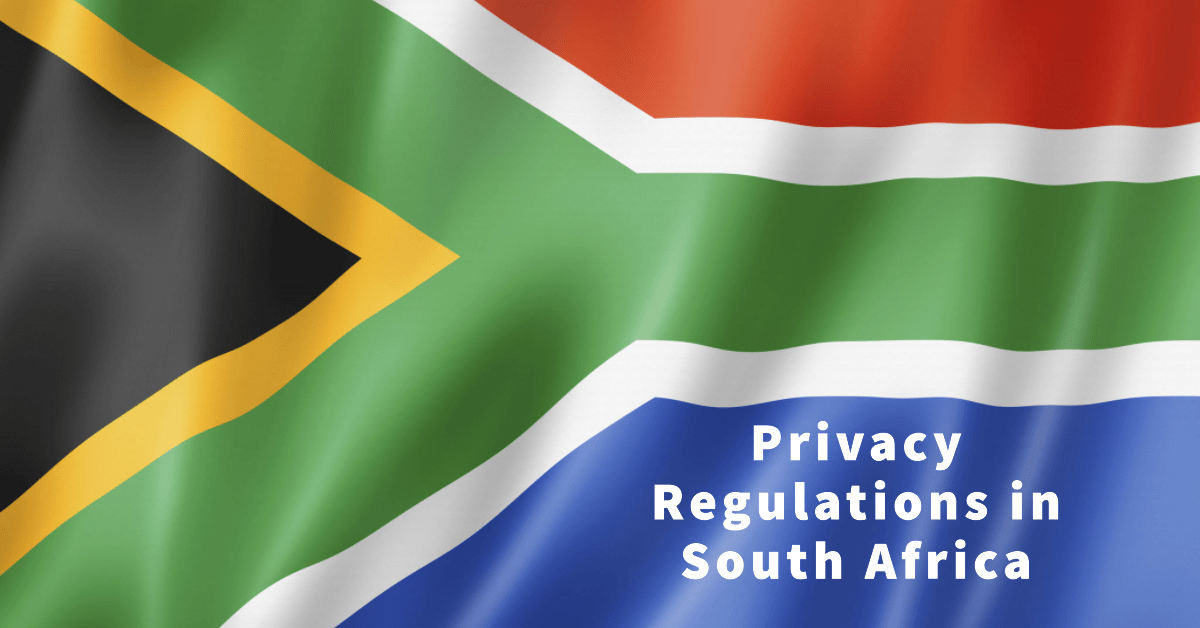
Navigating Privacy Regulations (POPIA) in South Africa: Stay Compliant and Protect Customer Data
Understanding key privacy regulations and ensuring your business stays compliant while protecting data is essential for any organisation.
Privacy Regulations Overview
Privacy regulations aim to protect individuals’ personal information and ensure that organisations handle this data responsibly. Staying informed about privacy regulations is critical for businesses to maintain customer trust and avoid potential legal consequences.
The Protection of Personal Information Act (POPIA)
The primary privacy regulation in South Africa is the Protection of Personal Information Act (POPIA). POPIA governs the processing of personal information and mandates that organisations implement measures to safeguard personal data. To better understand the implications of POPIA and how it impacts businesses, it’s essential to be aware of the key principles that guide the Act and to familiarise yourself with the steps needed to achieve compliance. By doing so, you can ensure that your organisation adheres to privacy regulations and maintains the trust of your customers and partners.
Steps to Ensure Compliance
To ensure your business stays compliant with privacy regulations, it’s essential to follow these steps:
- Appoint a Data Protection Officer (DPO)
A DPO is responsible for overseeing data protection activities within the organisation. They ensure that the organisation complies with privacy regulations and manages data protection risks.
- Develop a Privacy Policy
A privacy policy outlines how your organisation collects, processes, stores, and protects personal information. It should be easily accessible to customers and employees and regularly updated to reflect changes in privacy regulations.
- Implement Data Protection Measures
Organisations must implement technical and organisational measures to protect personal information. These measures may include data encryption, secure data storage, and access control mechanisms. Visit our comprehensive IT security solutions for businesses for help implementing the necessary measures.
- Regular Data Backups
Regular data backups are essential to ensure the security and availability of personal information. Our Kwik Backup data protection as a service offers a comprehensive backup solution to keep your data safe and secure.
- Conduct Risk Assessments
Performing regular risk assessments helps identify potential privacy risks and implement appropriate mitigating measures. Our professional IT management services can assist in conducting risk assessments and implementing the necessary controls.
- Train Employees
Employees should receive regular training on privacy regulations and best practices for handling personal information. Our article on SMB cybersecurity awareness training provides guidance on implementing effective training programs.
Protecting Customer Data
In addition to complying with privacy regulations, businesses must also take steps to protect customer data. These steps include:
- Implementing data loss prevention strategies to detect and prevent unauthorised data access or leakage.
- Utilising data encryption to protect data in transit and at rest.
- Employing multi-factor authentication to add an extra layer of security when accessing sensitive data.
In Conclusion
Navigating privacy regulations and protecting customer data is crucial for businesses operating in South Africa. By following the steps outlined in this article, you can ensure your organisation stays compliant and maintains the trust of your customers.
At Kwik Support, we are committed to helping businesses stay compliant and protect their customer data. Our range of comprehensive IT support services and data protection solutions provide the tools and expertise needed to navigate privacy regulations and keep your data secure.
To further enhance your organisation’s data protection efforts, consider exploring our cloud management services for Microsoft 365 and Google Workspace. These services help businesses manage their cloud environments and ensure the security of personal information stored in the cloud.
Additionally, our range of blog articles offers valuable insights and tips on various aspects of data protection and privacy compliance. For example, our articles on disaster recovery planning and SMB data breach response plans can help you prepare for unexpected events that may impact your organisation’s data security.
Remember, staying compliant with privacy regulations and protecting customer data is an ongoing process that requires consistent attention and effort. By working with a trusted partner like Kwik Support, you can stay informed about the latest privacy regulations and implement the necessary measures to keep your business safe and secure.
